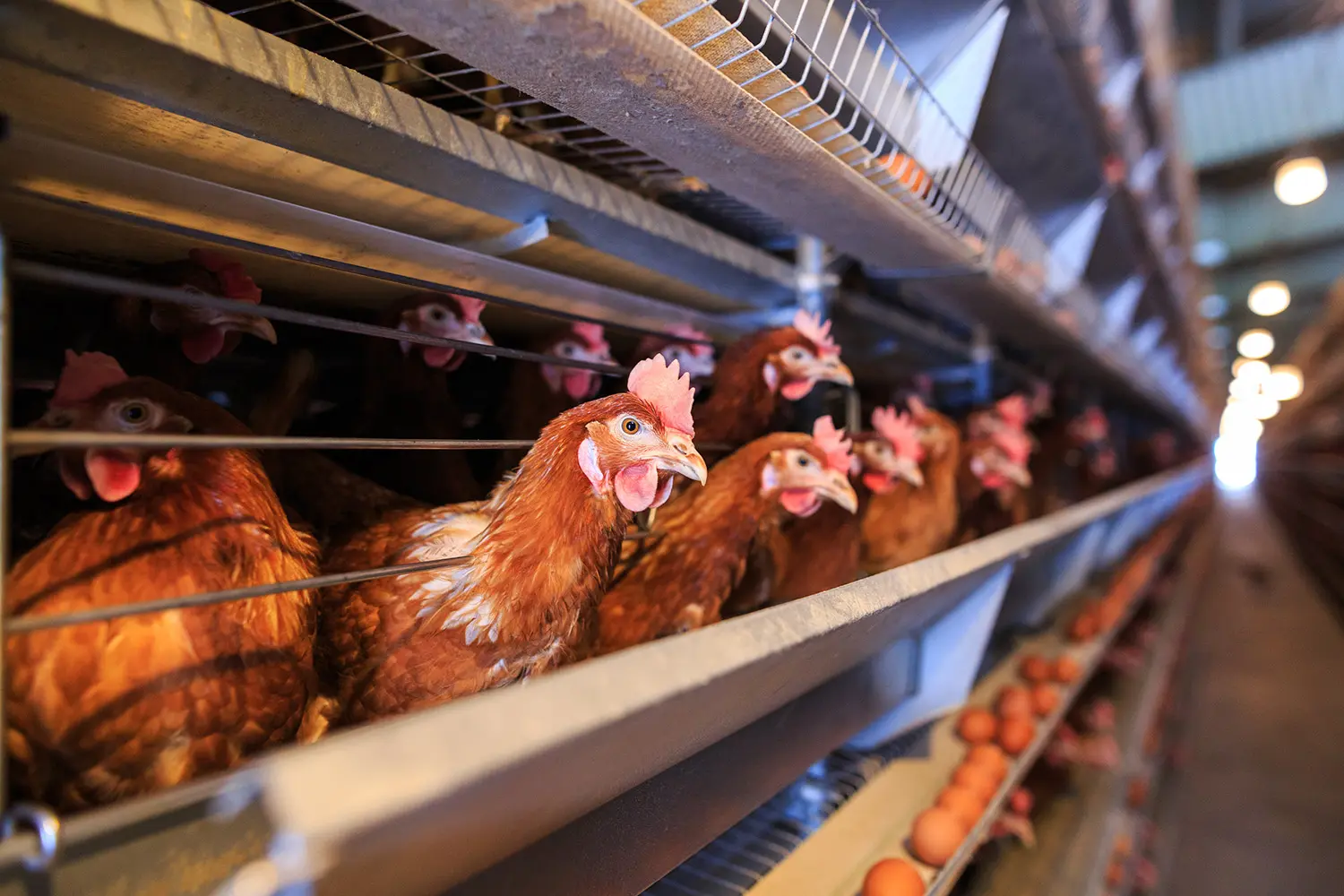
False Solutions are not confined to environmental issues alone—they permeate our health, food, and agricultural systems as well. From factory farms fueling disease outbreaks to shortsighted public health policies that weaken our ability to respond to crises, we are witnessing the consequences of failing to address root causes. The ongoing bird flu crisis, coupled with a rise in tuberculosis cases and global health threats like Ebola, highlights the urgent need for Real Solutions rooted in science and proactive governance.
The recent surge in bird flu infections across the United States has raised significant public health concerns, particularly as the virus spreads beyond poultry and wild birds to dairy cattle and even mammals such as cats. Experts are warning that the federal response to these outbreaks has been hampered by recent policy changes under the Trump administration, including the removal of crucial CDC web pages that tracked infectious disease data (CNN, The Guardian).
Reports indicate that multiple dairy farms in Nevada, Texas, and other states have confirmed cases of highly pathogenic avian influenza (HPAI) in cattle (NPR, CNN). This marks the second time the virus has jumped species within the U.S., intensifying fears of a potential pandemic. The virus has also affected poultry farms, with Perdue Farms recently shutting down a Tennessee processing plant due to an outbreak (Yahoo Finance).
Despite the growing threat, the Trump administration’s recent rollback of public health resources has complicated containment efforts. The CDC’s pause on certain infectious disease tracking initiatives, including the removal of web pages related to some epidemiological studies, has left gaps in surveillance and reporting (WRIC).
In addition to the bird flu crisis, the United States is also facing an increase in tuberculosis (TB) cases. Kansas City has reported a concerning outbreak of TB, raising alarms among public health officials. Beyond domestic concerns, Uganda is currently grappling with an outbreak of Ebola, a deadly hemorrhagic fever with high fatality rates. The international spread of such diseases underscores the importance of maintaining strong surveillance networks and ensuring rapid response mechanisms.
Experts point to large-scale industrial farming as a key driver of avian flu outbreaks. Factory farms, particularly concentrated animal feeding operations (CAFOs), provide ideal conditions for viral spread due to the close confinement of animals. Investigations in Iowa and other states highlight how these farms not only exacerbate disease outbreaks but also contribute to environmental degradation and antibiotic resistance (Vox, Food & Water Watch).
The effects of the bird flu crisis are being felt in communities across the country. In Westchester County, New York, Mount Pleasant’s Carroll Park was temporarily closed after a dozen dead geese were found in a local pond (ABC7 NY). Meanwhile, in Maryland, concerns over infected poultry and egg production have led to increased monitoring for potential human cases.
With growing evidence that avian flu could pose a serious threat to human health, experts are calling for urgent action. Restoring the CDC’s disease tracking capabilities, strengthening regulations on factory farms, and improving outbreak response coordination are critical steps to curbing the crisis.
The evolving bird flu situation underscores the need for science-driven public health policies. False Solutions, such as reactionary culling and temporary shutdowns, do not address the systemic causes of these outbreaks. Instead, Real Solutions—such as robust disease surveillance, sustainable farming practices, and stronger public health protections—will be crucial in averting a larger health crisis.
02/06/2025 – Written by the FalseSolutions.org Team